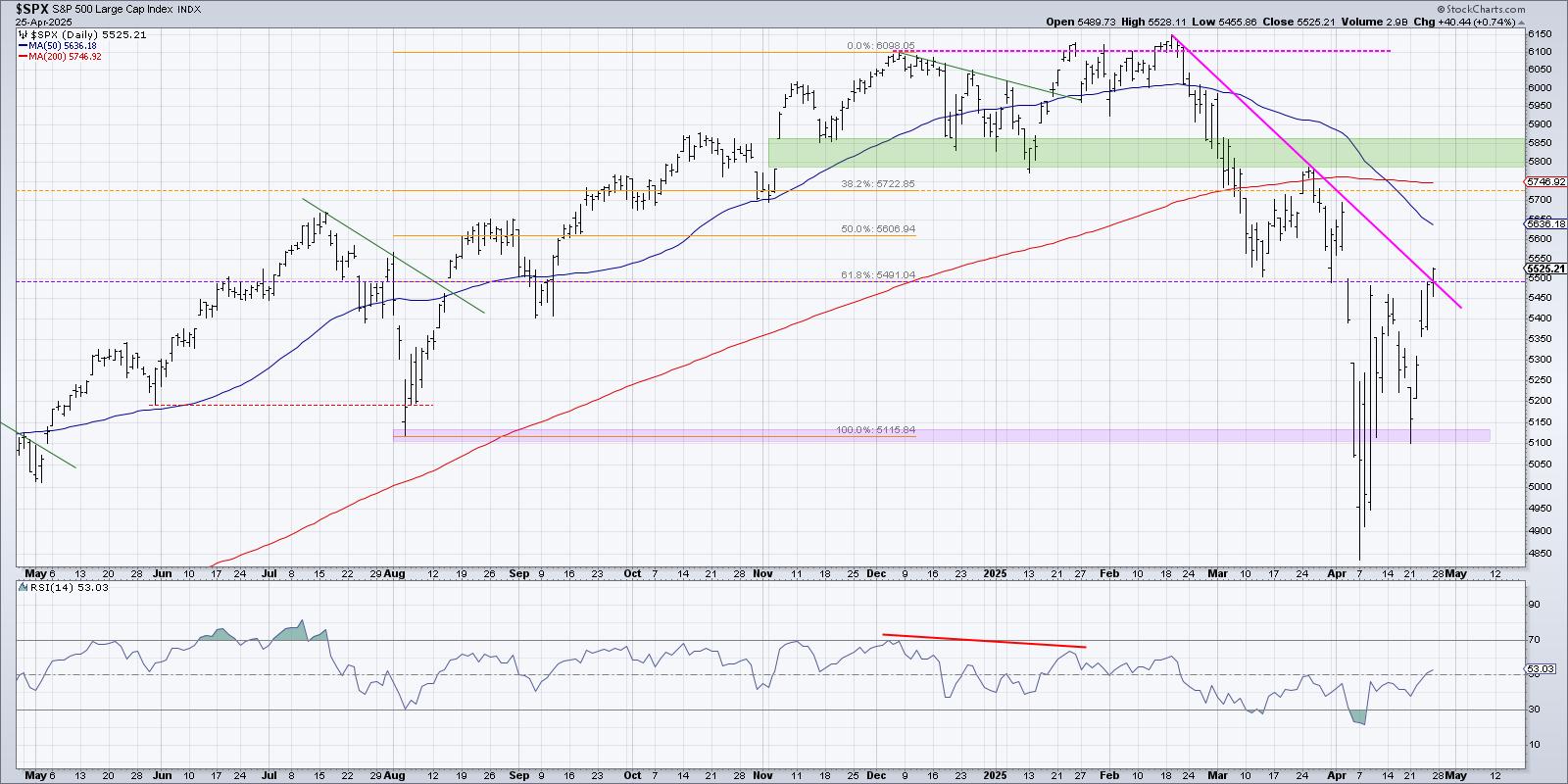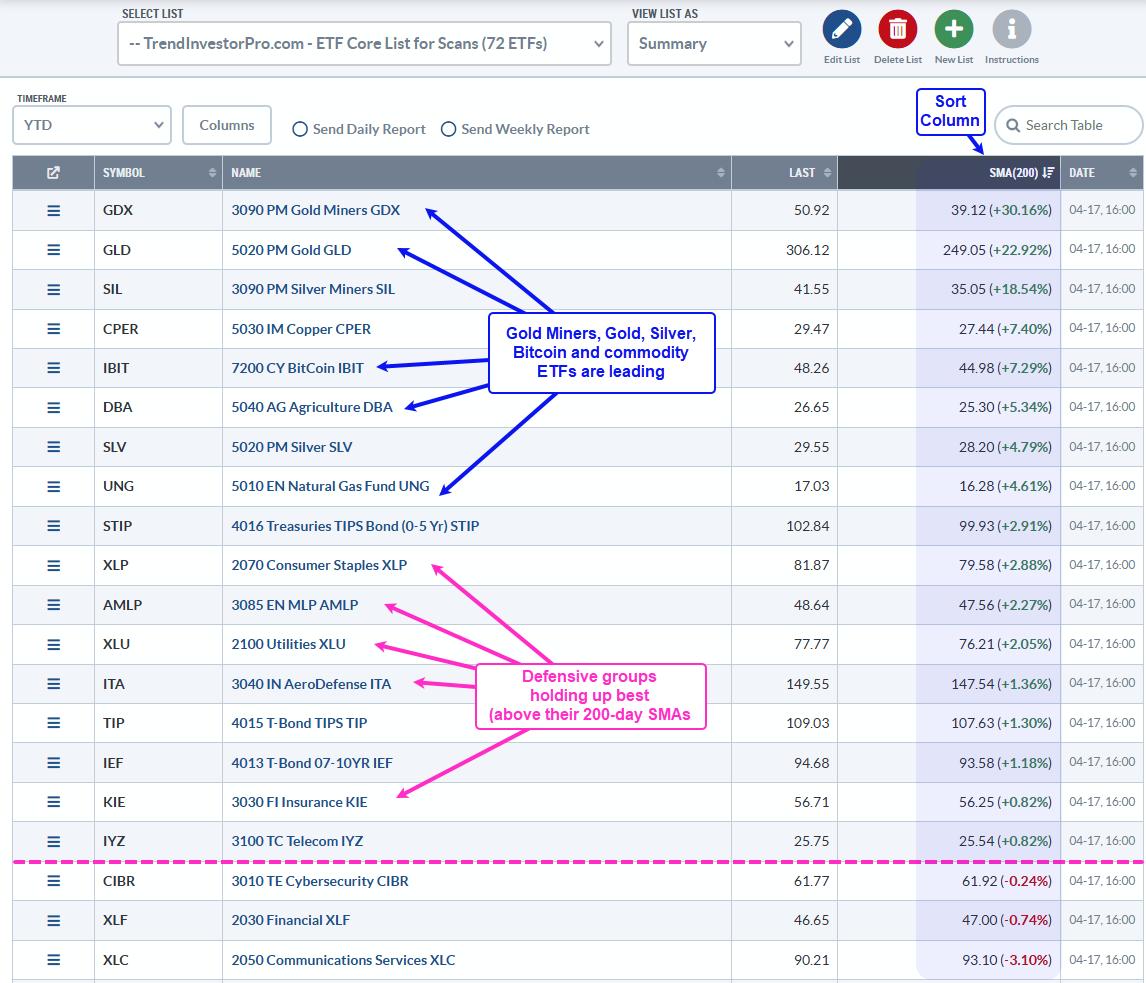 How does a return of 14% in six months sound to you? Last February, I wrote a blog about attending the unique interdisciplinary DENT Conference last year in Napa Valley. I credit my attendance there with directly re-energizing and reimagining my investing over the six months that followed. This past February, Jonathan Levin, Dean of the Stanford Graduate School of Business, spoke to a group of fellow alumni here in Seattle. He told us that one of the Business School's biggest strategic initiatives today is joint interdisciplinary studies with Stanford's Schools of Engineering, Behavioral Science, Law and Medicine.
How does a return of 14% in six months sound to you? Last February, I wrote a blog about attending the unique interdisciplinary DENT Conference last year in Napa Valley. I credit my attendance there with directly re-energizing and reimagining my investing over the six months that followed. This past February, Jonathan Levin, Dean of the Stanford Graduate School of Business, spoke to a group of fellow alumni here in Seattle. He told us that one of the Business School's biggest strategic initiatives today is joint interdisciplinary studies with Stanford's Schools of Engineering, Behavioral Science, Law and Medicine.
This notion reinforces precisely the message that I heard at the DENT 2019 Conference held recently in Santa Fe. Here’s why I feel an interdisciplinary approach is also essential for investors. I felt re-energized once more after my time in Santa Fe, and it’s my objective to reproduce or surpass that 14% gain over the coming six months in 2019. So far, looking strong!
As technicians, we like to say "it’s all in the charts". Yes, there is truth in that. But as our book, Tensile Trading clearly shows, there are 10 essential stages to achieving stock market mastery. An interdisciplinary approach provides a significant contribution to reaching that pinnacle.
This year's DENT Conference presented over two dozen extraordinary speakers. I'd like to highlight only a few of their insights and then add some key observations of my own.
The first speaker to impress me was Maria Konnikova — an Ivy League educated PhD who has written two New York Times best-selling books exploring real life applications of psychology. In researching her newest book, she became intrigued with the interplay of skill and chance in professional poker as its relates to game theory.
In the past, I’ve written various blogs using poker as a great metaphor for successful stock market investing. Dr. Konnikova’s observations reinforced my own thesis on the value of understanding poker. In her effort to examine the mind’s responses to conditions involving both skill and chance, she committed herself to learning a totally new craft — poker. Within a year of learning it, she earned $230,000 and won a major international championship title. An amazing feat!
She talked; I listened. Here are her five key observations on learning a new skill and understanding how luck plays its part.
- Make a serious disciplined commitment. Total immersion in a new subject is powerful.
- The intrinsic motivation within your “inner self” is far more potent than extrinsic rewards —such as poker winnings or stock market gains.
- Self reflection of the brutally-honest variety is imperative. You must be willing to truly know thy self — thereby embracing your personal strengths and weaknesses. (see Chapter 3 of Tensile Trading).
- Leverage your skill set. Know your edge and how you’ll react emotionally to different scenarios. Be willing to accept feedback, and use feedback to make appropriate adjustments.
- Expect the unexpected. Luck does indeed happen. Embrace it when it’s positive. Acknowledge it when it’s negative. Recognize that you cannot control everything. You can only control the probabilities.
Another notable DENT speaker was the renowned graphic designer, Roger Black, who gave us an enlightening history of printed communication— from early calligraphy through the advent of printing to desktop publishing and designing by bots today. His lecture made my head spin, and I felt some of his remarks were particularly appropriate for investors.
- You must serve an apprenticeship of learning before you can ever be considered proficient.
- Observe in detail. You need to be uniquely ambidextrous in today’s world. Grasp the here and now, but have a clear vision of the future.
- Whatever sandbox you play in, you should assume that it will change. Embrace and enjoy the state of flow in your sandbox. Bring with you the most appropriate tools and toys, but have fun with the changes.
- Learn from history and look for patterns. Patterns from the past will recur with amazing regularity.
We also heard from Gary Shapiro who is President and CEO of the Consumer Technology Association which hosts CES each year— the largest trade show in the world representing 2,200 consumer technology companies. His two books on "Ninja Management" explore the importance of scenario planning, among many other topics.
In extrapolating his management theories to investing, it’s clear to me that "stock market Ninjas" also need to layout in detail both bullish and bearish scenarios for every one of their positions. Ninjas in the corporate world need to look out for their competitors. Similarly, Ninjas in the stock market arena need to be fixated on their portfolio positions.
Interestingly, Shapiro said the most common attribute he sees in successful corporate Ninjas is curiosity. I think investor Ninjas also must employ an unending curiosity as it relates to change and evolution in all corners of the stock market.
In closing, I'd like to invite you to explore next year’s DENT 2020 Conference — wherever it might be held. I'm sure you'd profit mightily from the experience, the people, and the contagious enthusiasm of interdisciplinary passions.
I'll sign off with two favorite quotes from the conference and some concluding observations of my own:
"The best decisions are made when you're rested, exercised and healthy. It also helps to not be fixated on the weeds or you'll never pop out of them."
— Danielle Morrill, Founder, Mattermark
"Don’t silo your thinking. That's old-mode thinking."
— Sarah Boisvert, FabLabs
From my own notepad:
- Foundations matter, and they always take time to build. There are no shortcuts. Like other disciplines, the stock market demands an apprenticeship.
- Routines matter. A few profitable trades is not the same as consistent success.
- You need to get your "Investor Self" down pat. Practice mental discipline.
- The stock market — like poker — is a game of incomplete knowledge. That is why artificial intelligence will never solve it.
- As the cliche says, "you are the company you keep". Therein lies the challenge. Keep company with people from all disciplines and walks of life who can help make you a more astute investor.
Trade well; trade with discipline!
- Gatis Roze, MBA, CMT
- Author, Tensile Trading: The 10 Essential Stages of Stock Market Mastery (Wiley, 2016)
- Presenter of the best-selling Tensile Trading DVD seminar
- Presenter of the How to Master Your Asset Allocation Profile DVD seminar
- Developer of the StockCharts.com Tensile Trading ChartPack






